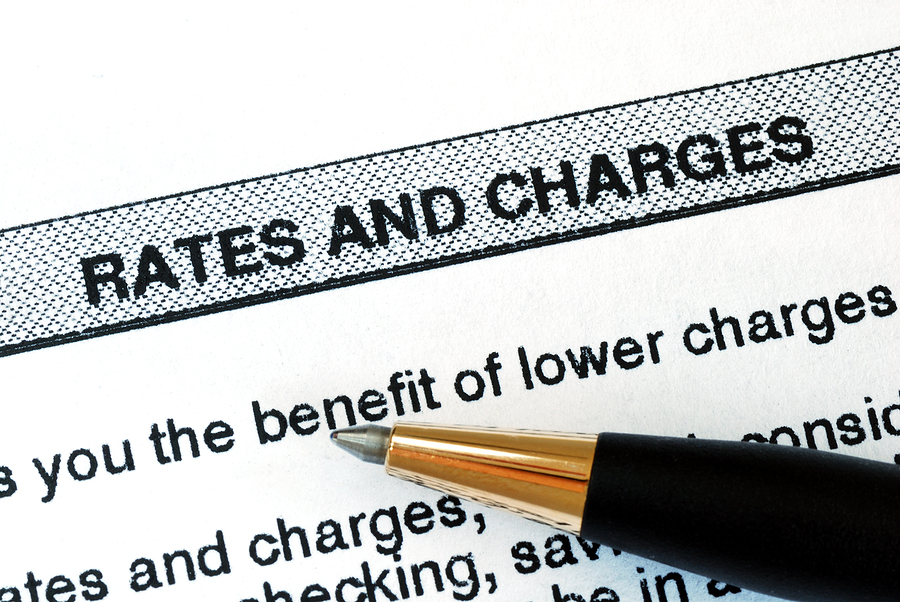How Lowering Interest Rates Could Impact the Hard Money Lending Industry Through the End of the Year
September 5, 2024
As the Federal Reserve continues to adjust interest rates to navigate economic challenges, these changes inevitably ripple through various sectors of the financial world. One such sector that feels the effects of federal rate shifts is the hard money lending industry. With rates lowered by the Fed, it’s essential for lenders and borrowers alike to understand how this could shape hard money lending through the end of the year.
The Basics: How Hard Money Lending Works
Hard money lending, typically used by real estate investors and those seeking quick funding for property transactions, operates outside of traditional banking systems. These loans are often short-term, asset-based, and come with higher interest rates compared to conventional loans. Because they are based on the value of the property rather than the borrower’s creditworthiness, they provide a flexible option for those looking to close deals fast.
However, the key distinguishing factor in hard money lending is that rates are primarily determined by the lender rather than being tied directly to federal interest rates, as traditional mortgages often are.
Fed Rate Cuts: Lower Costs of Capital
When the Federal Reserve lowers interest rates, it generally becomes cheaper for banks and financial institutions to borrow money. This decreased cost of capital can trickle down into the private lending markets, potentially reducing the cost for hard money lenders to access the funds they lend. While hard money rates are traditionally higher, lower borrowing costs for the lenders themselves could provide some cushion for rate adjustments or improved terms for borrowers.
For example, some lenders may choose to slightly reduce the interest rates they offer on hard money loans in a competitive marketplace, especially in an environment where other forms of financing are becoming more affordable. This could make hard money loans more attractive to real estate investors looking for quick capital.
Increased Demand for Hard Money Loans
Lower federal interest rates can also spur increased investment activity in real estate. When money becomes cheaper to borrow, investors often look to leverage these conditions by acquiring properties at a faster pace. This creates opportunities for hard money lenders to meet the rising demand for quick, accessible loans.
In particular, investors who are flipping houses or undertaking short-term renovation projects may seek out hard money loans for the speed of funding and flexibility in terms, despite slightly higher interest rates than conventional loans. As real estate markets heat up due to increased buyer activity, hard money lenders could see a surge in applications, especially in competitive markets where time-sensitive deals are critical.
How Lower Rates Impact Borrowers
While hard money loan interest rates are not tied directly to the Fed’s decisions, the overall lending environment can influence how borrowers view hard money financing. In a low-rate environment, traditional financing might become more attractive for certain types of investors, especially those seeking long-term financing options for buy-and-hold investments.
However, not all borrowers qualify for conventional loans, and that’s where hard money lenders maintain their edge. The benefits of quick approval, fewer restrictions, and flexible loan structures still provide significant value to investors who need speed and certainty in their financing.
Property Valuations and Lending Risks
One of the lesser-discussed aspects of lower interest rates is how they can impact property valuations. When interest rates are low, the cost of borrowing drops, leading to an increase in buyer activity, which often drives up property prices. For hard money lenders, this means that the properties they are lending against may be valued higher, providing more equity cushion in case of default.
However, this increase in property prices also brings a risk. If property values rise too rapidly, a market correction could follow, leaving lenders vulnerable to overvalued collateral. Hard money lenders must remain cautious and ensure that they are not lending against inflated property values that could drop in the event of an economic downturn.
Short-Term vs. Long-Term Impact on the Hard Money Market
The immediate impact of lower interest rates may seem beneficial for the hard money lending industry, with cheaper capital costs and increased real estate activity. However, there are potential long-term risks. If the Fed keeps rates low for an extended period, traditional lending options might become more competitive, particularly for investors who previously relied on hard money due to their inability to secure bank financing.
Moreover, if a low-rate environment persists, hard money lenders could face more pressure to reduce their interest rates to remain competitive, potentially squeezing their profit margins. The key for lenders will be to balance competitive pricing with risk management, ensuring they maintain strong underwriting standards in a potentially overheated market.
Final Thoughts: Opportunity and Caution
Lower federal interest rates present both opportunities and challenges for the hard money lending industry. On the one hand, lower borrowing costs and increased real estate activity could spur growth in loan originations. On the other hand, hard money lenders must be mindful of the risks associated with rising property values and the potential for market corrections.
As we approach the end of the year, hard money lenders should remain vigilant, continuing to offer flexible and fast financing options while closely monitoring market conditions. The ability to adapt to changing economic landscapes will be key to thriving in this evolving market.
For real estate investors, this is a prime time to explore hard money loans, especially if speed and flexibility are more important than securing the lowest possible rate.
At HardMoneyHome.com, we connect borrowers with the nation’s leading hard money lenders, ensuring that you find the best fit for your real estate investment needs. Whether you’re flipping a property or need fast financing, we’re here to help you navigate the changing lending landscape with ease.


